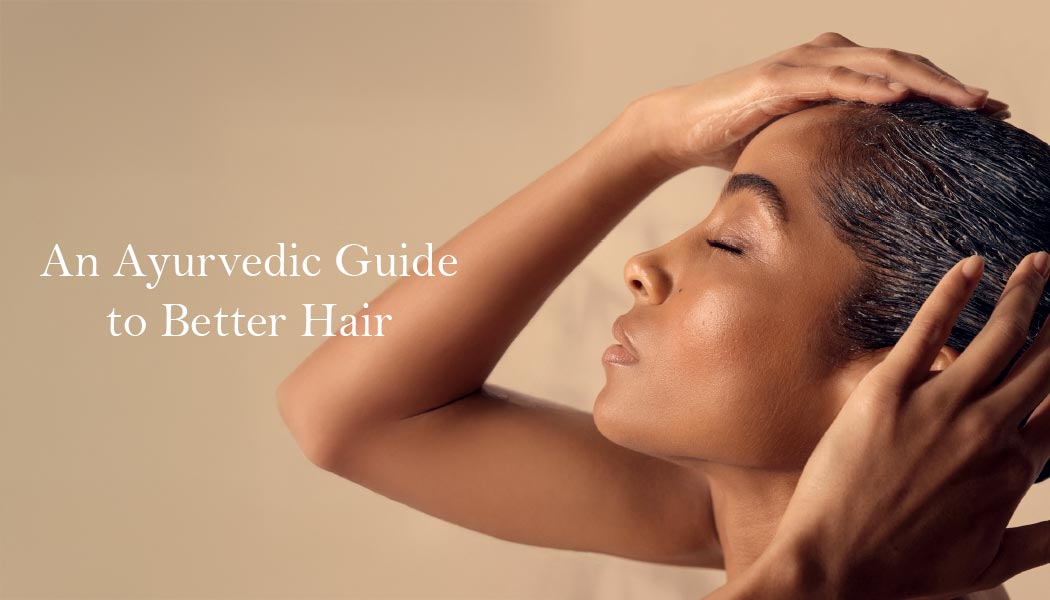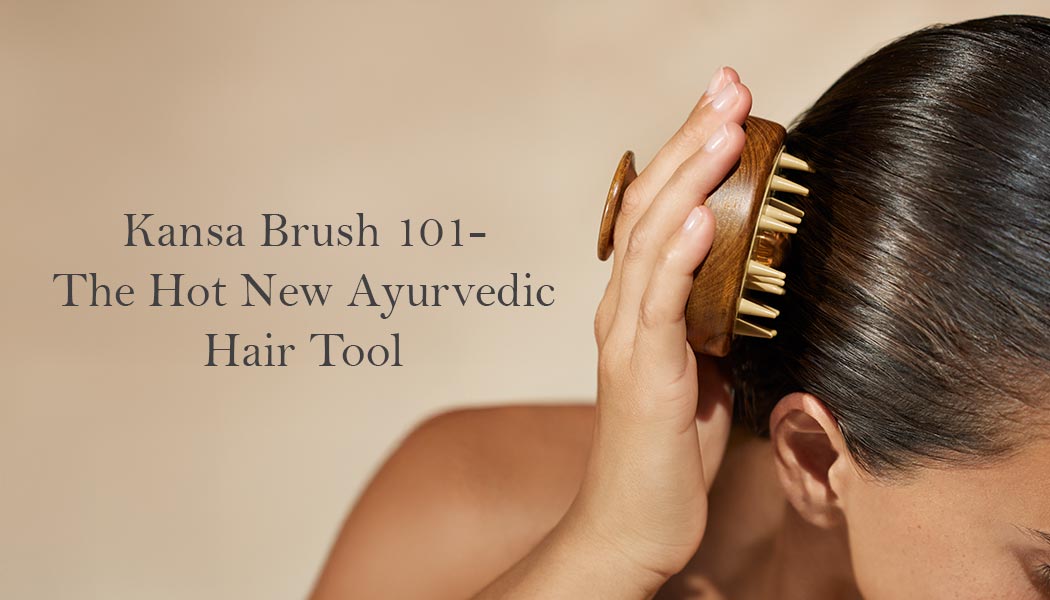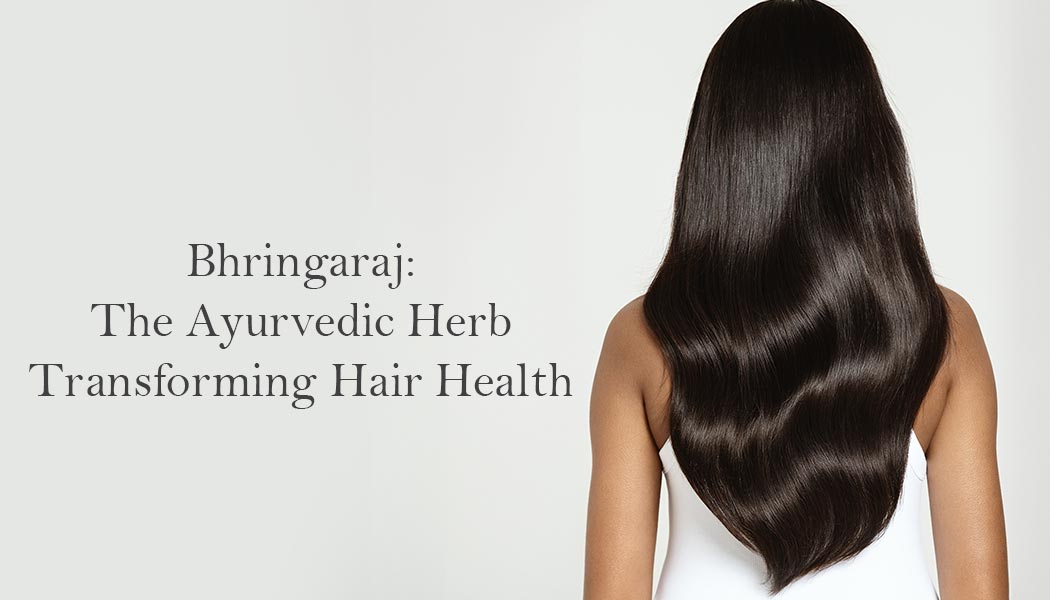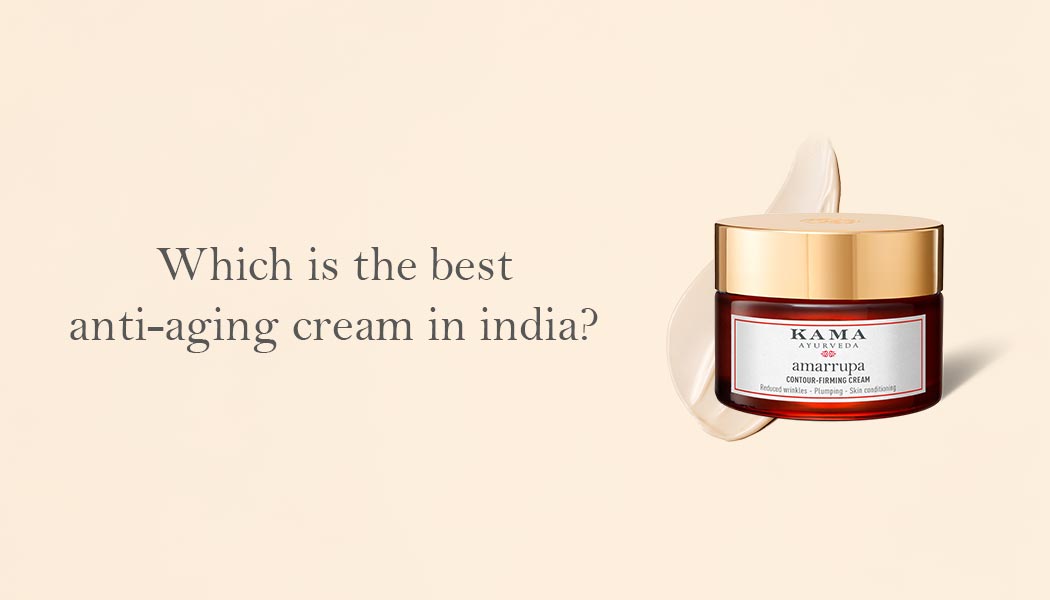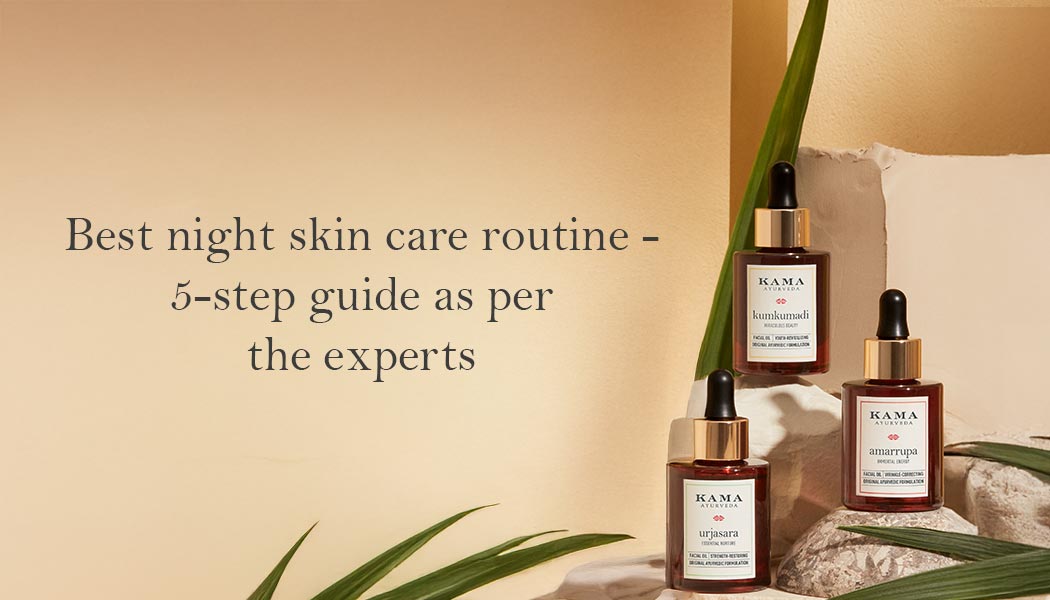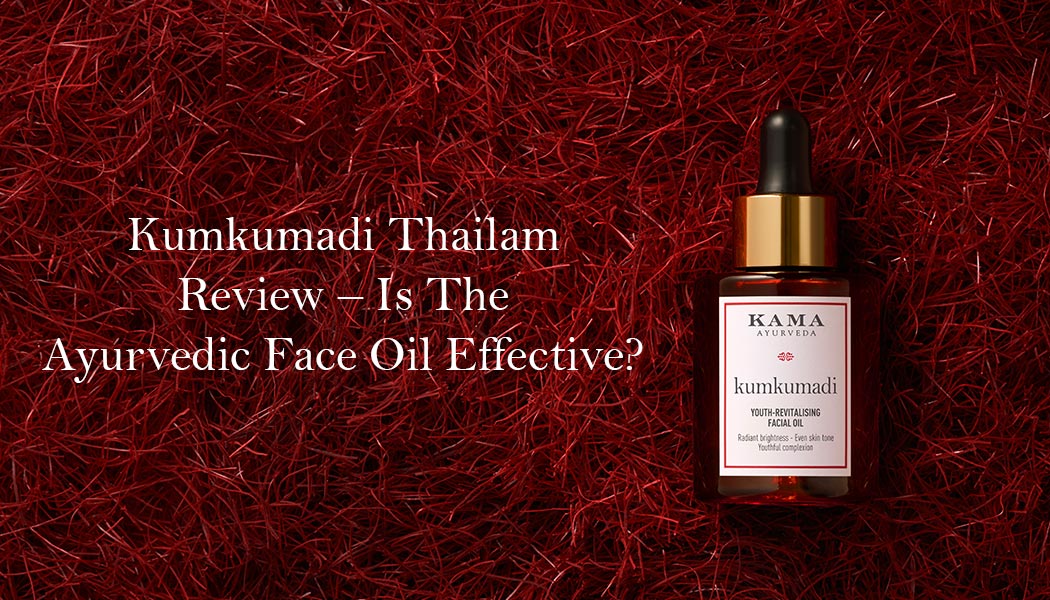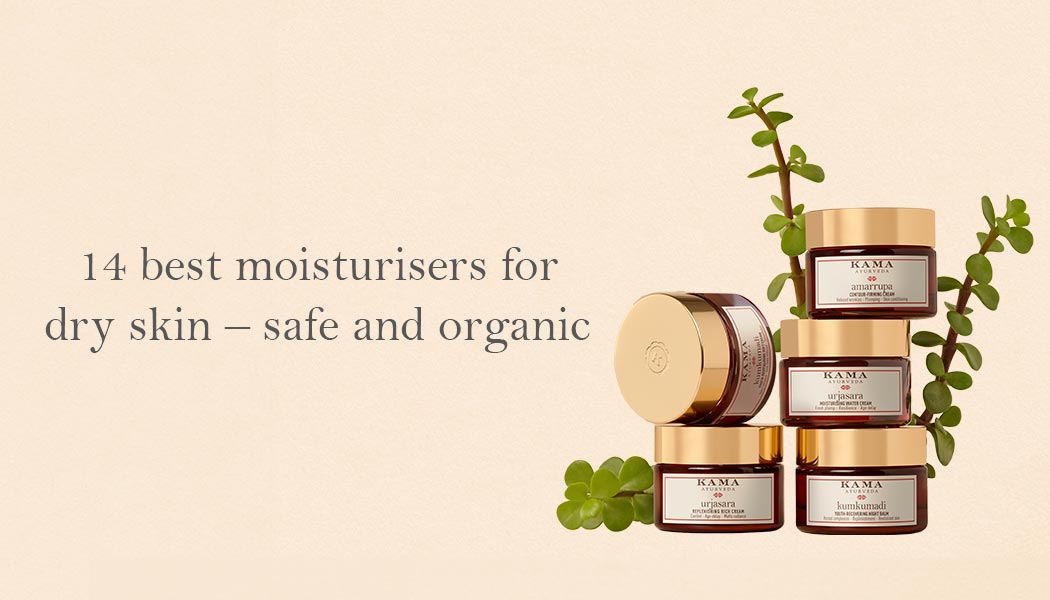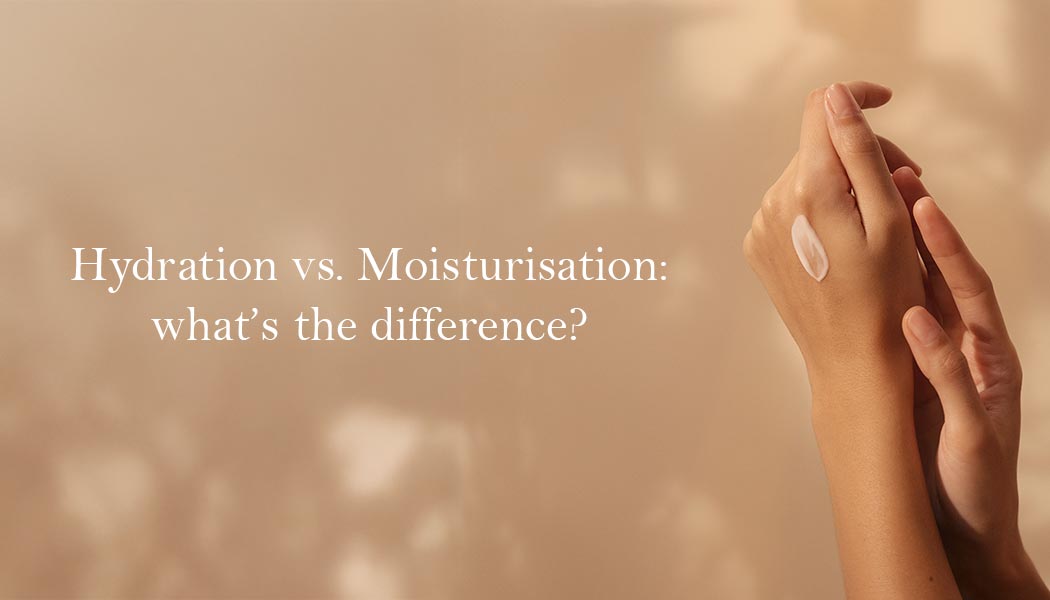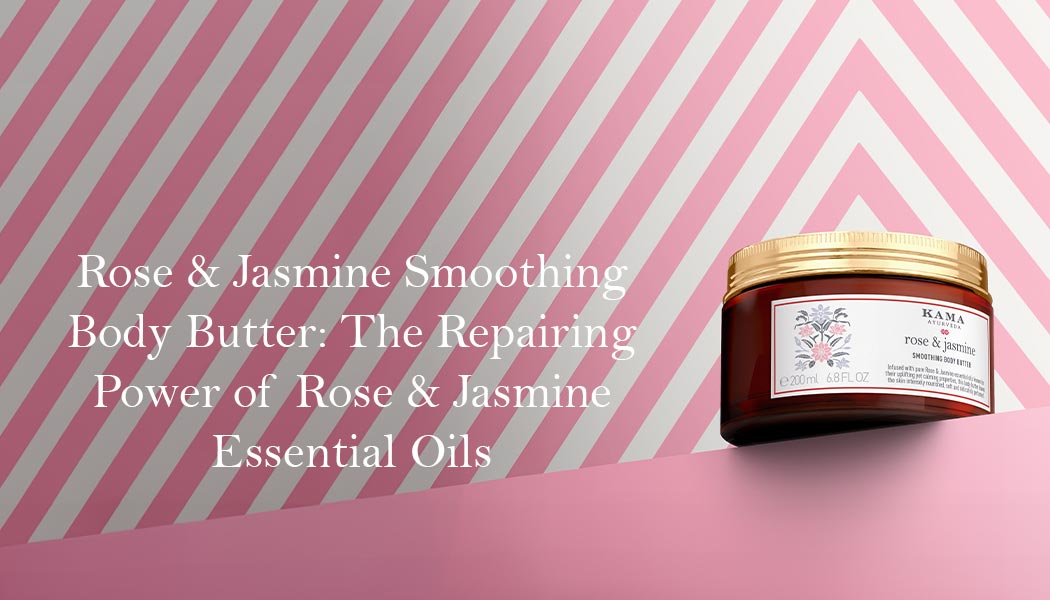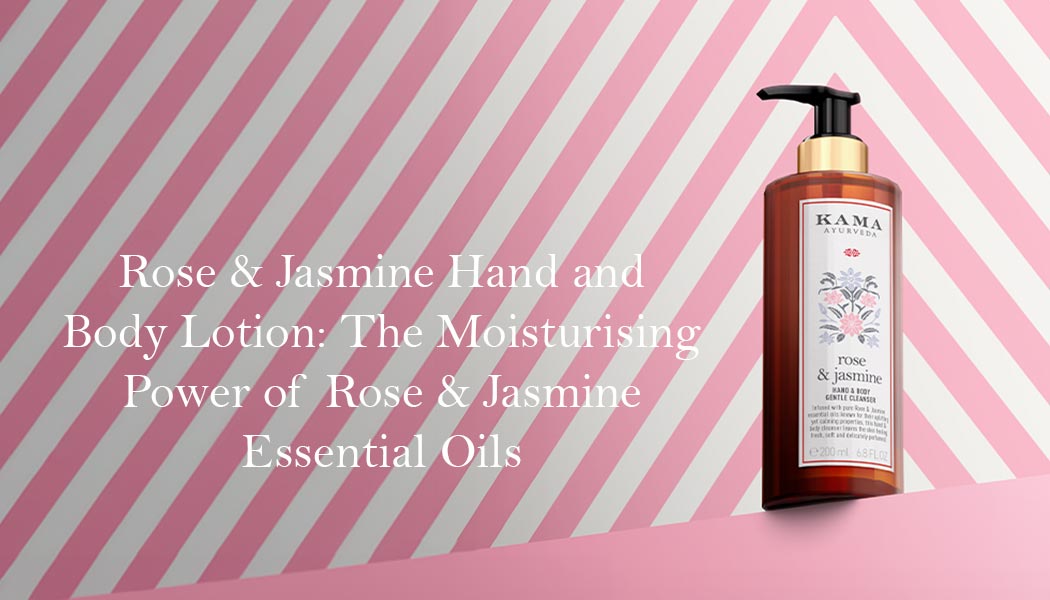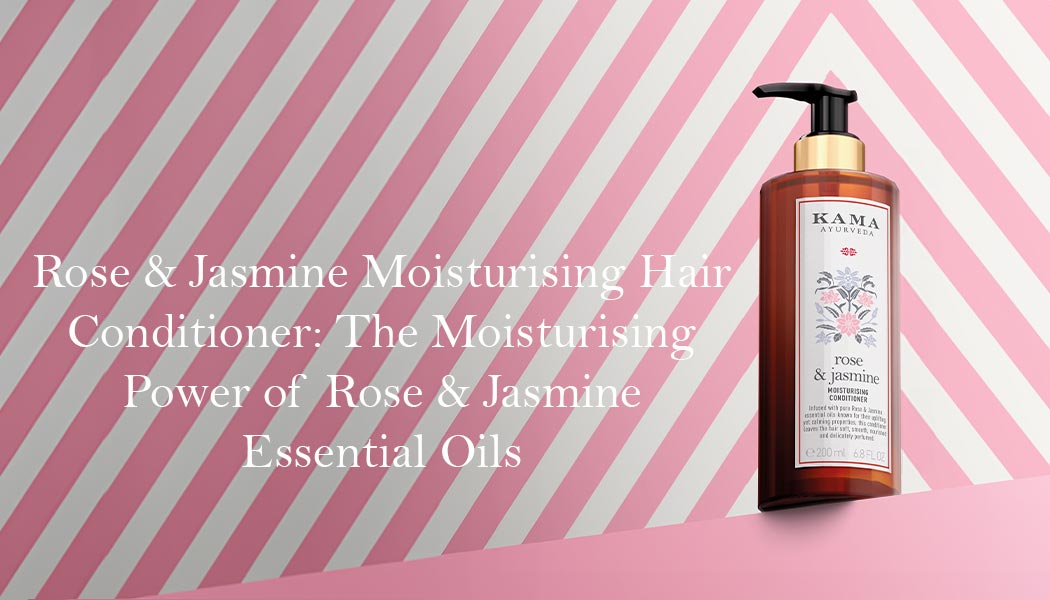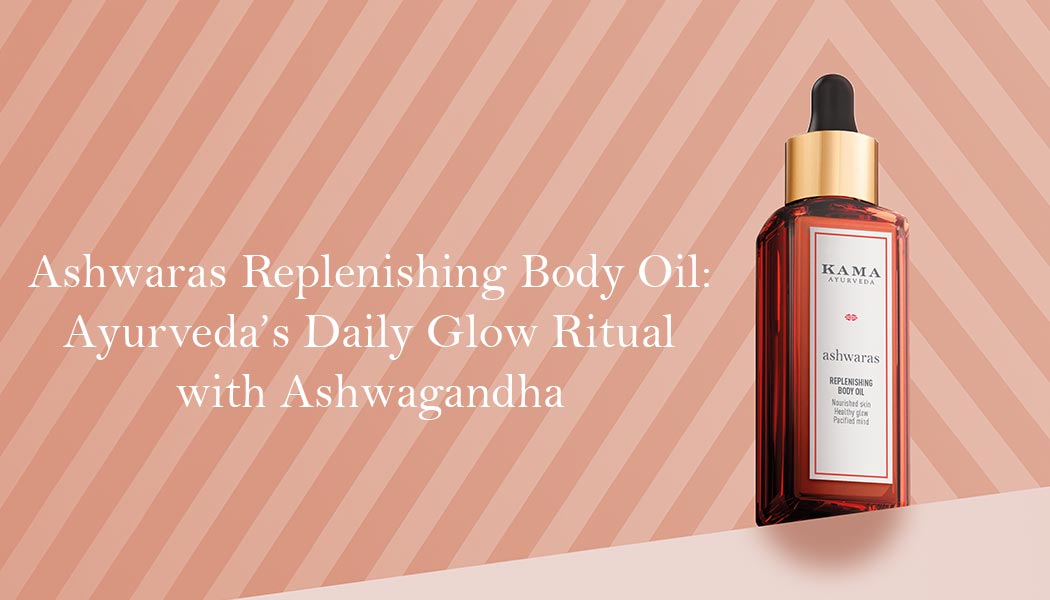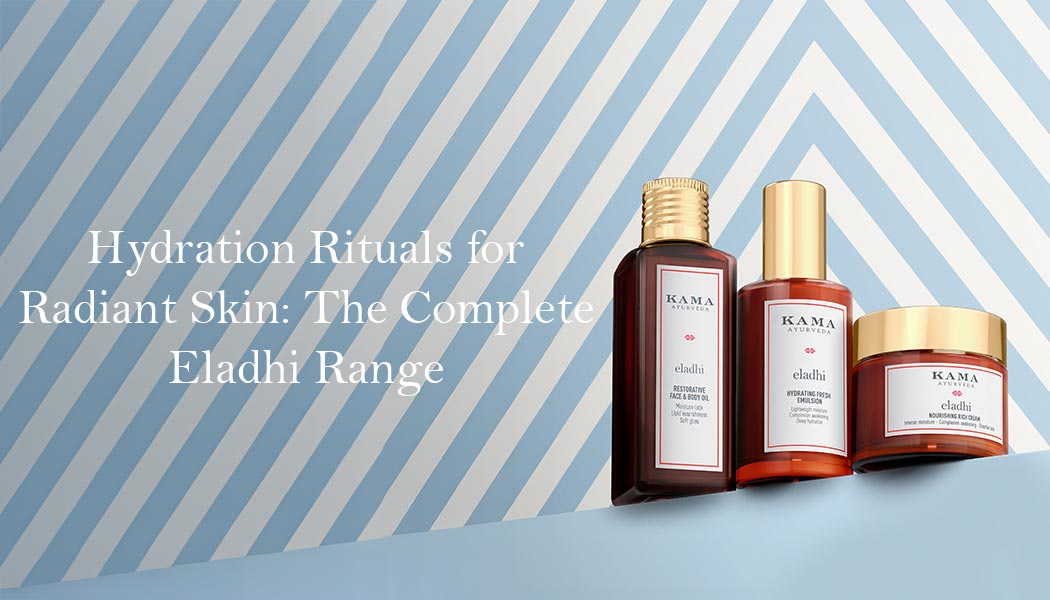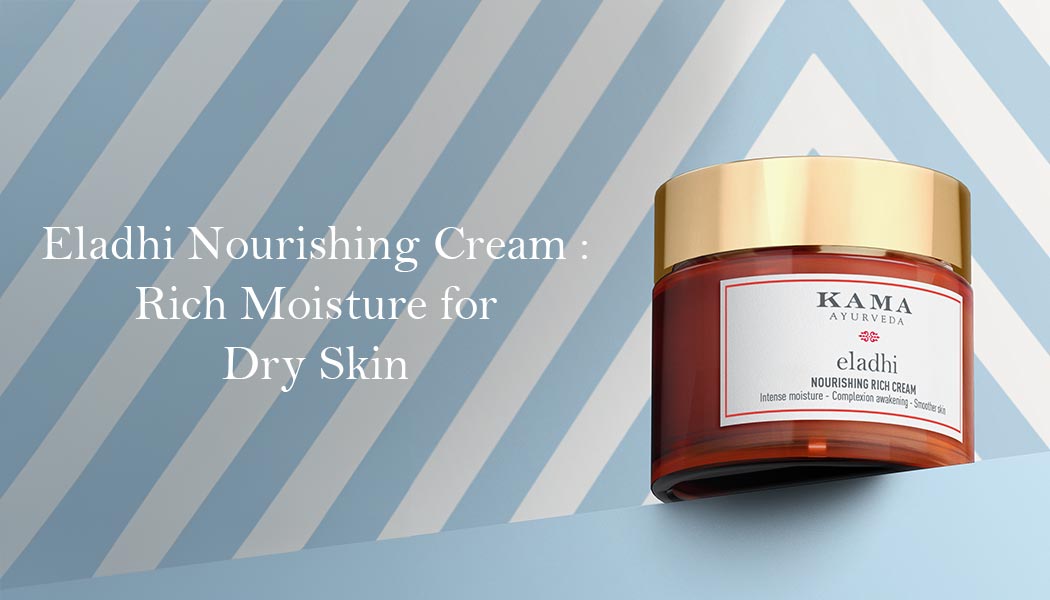- 31 August 2023
- 10 mins read
Every time you cut them off, they return – we're talking about ‘split ends’. Those frayed ends don't just look bad; they can hinder your hair's health and growth. If you're tired of constantly trimming them, you're not alone. Almost everyone deals with split ends at some point.
Before we discuss split ends treatment options, let's first understand why they happen -
Why Split Ends Occur?
Despite its strength, our hair faces daily damage. The ends, being the oldest part, lose protection, which, according to research, can lead to splitting. Common culprits include chemical treatments, heat styling, and rough brushing.
What experts say -
"The belief that split ends can 'fuse' back together is one of the most pervasive myths in hair care. The only real solution is to trim them off and invest in preventative care." - Dr Gopan G
16 Best Split Ends Treatment You Can Try At Home
Although trimming your hair every 6-8 weeks is the surest way to remove split ends, it isn’t the only solution. There are ways to treat and prevent them from appearing, many of which you can try at home. So, if you're seeking healthier hair without constant salon visits, read on to find out more.
1 Be Gentle After Washing :
Wet hair is notably fragile. Avoid aggressive rubbing with a towel post-shampoo and conditioning, as it can cause breakage, damage the cuticles, and ultimately result in split ends or frizz. The best approach is to gently blot your hair dry, minimizing any potential harm.
2 Detangle Your Hair :
Both wet and dry tangled hair can pose challenges. Detangling should always precede drying, brushing, or styling. The American Academy of Dermatology (AAD) advises the use of a wide-tooth comb as it ensures minimal damage to the hair ends and reduces breakage risks.
3 Hydrate With Hair Masks :
Moisturizing is critical in averting split ends. Hair masks, which are deep conditioning treatments, are a recommended weekly regimen. These masks, containing concentrated active ingredients compared to regular conditioners, can be left on the hair for extended periods
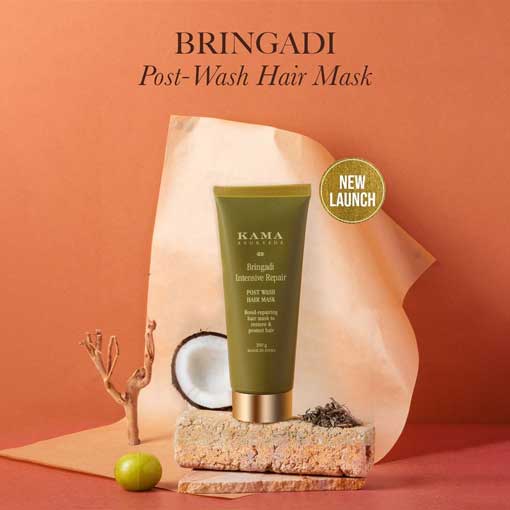
We recommend Bringadi Intensive Repair Post-Wash Hair Mask for revitalizing damaged hair bonds. Made from Ayurvedic ingredients such as Coconut Milk, Amla and Bhringraj, it combats damage from heat, chemicals, and environmental factors. Easily slide this weekly hair spa into your routine to manage frizz and split ends.
4 Dial Down the Heat :
Over-reliance on heated tools can modify your hair proteins and dry your hair. When feasible, air-dry your hair. If heat application is unavoidable, employ a lower temperature setting and always use a heat protectant to shield against potential heat-induced damage.
5 Avoid Over Brushing :
Contrary to the popular myth, 100 brush strokes daily aren't beneficial. Excessive brushing can induce breakage and split ends. Brush primarily for styling or to enhance your hair's appearance. Always avoid forceful tugging or pulling, and resort to detangling products for knot issues.
6 Sleep on a Silk Pillowcase :
To curb split ends, nighttime hair protection is key. Silk or satin pillowcases, due to their smooth texture, reduce friction, letting your hair glide easily. This diminishes hair breakage chances. An alternative is to wrap your hair in a silk scarf during sleep.
7 Space Out Hair Treatments :
Overlapping or frequent chemical treatments, like coloring or perming, can be detrimental. To reduce hair damage:
- Extend the interval between treatments. Ideally, maintain a gap of 8 to 10 weeks for touch-ups.
- Avoid simultaneous multiple treatments. If considering both relaxation and coloring, the AAD recommends a two-week gap between them.
- Incorporate a weekly hair mask or utilize an instant conditioner during each hair wash.
Treat your hair to deep conditioning oil like Bringadi Intensive Hair Treatment before hair wash.

What experts say -
"In Ayurveda, we believe that hair health is an indicator of overall well-being. Incorporating nourishing oils and herbs, like Bhringraj and Amla, can not only treat but also prevent split ends." - Dr. Vinny Narayanan
8 Drink Sufficient Water :
Hydration doesn't just benefit your skin; it's equally crucial for hair health. Sufficient water intake ensures that your hair remains moisturized from the inside out, reducing the risk of dryness which often culminates in split ends.

9 Follow a Balanced Diet :
Your hair's health is a reflection of what you consume. Nutrients like biotin, protein, omega-3 fatty acids, and vitamins are essential for lustrous locks. Foods rich in these nutrients – such as salmon, nuts, eggs, and green leafy vegetables – can enhance hair strength and diminish the propensity for split ends.
10 Hair Oil Massage :
A regular massage with oils like Coconut, Almond, or Olive Oil helps in deep nourishment. This not only enhances blood circulation to the scalp but also ensures the hair is well-moisturized and less prone to breaking and splitting.

11 Avoid Overwashing :
While clean hair feels great, excessive washing can strip the natural oils from your scalp and hair, leading to dryness. It's advisable to find a balance that works for your hair type, typically washing every 2-3 days, to maintain natural oil levels and minimize the risk of split ends.
12 Use Hair Serums :
Serums are formulated to coat the surface of your hair. They offer a protective barrier against external damage, add shine, and can help in sealing split ends temporarily, making them less noticeable.
13 Use Leave-in Conditioners :
These work post-shampooing by providing an added layer of protection and hydration to your hair throughout the day. They shield your hair from environmental aggressors like pollution and UV rays and keep the hair moisturized, reducing the chances of split ends.

14 Avoid Tight Hairstyles :
Hairstyles that pull on the hair, like tight ponytails or braids, exert stress on the hair shaft, especially at the ends. This constant tension can lead to breakage and split ends. Opt for looser hairstyles and avoid rubber bands which can cause additional friction.
15 Use Natural Hair Care Products :
Many commercial hair care products contain harsh chemicals and sulfates that can strip the hair of its natural oils, leading to dryness and, ultimately, split ends. Natural hair care products often harness the benefits of organic ingredients, providing nourishment without the risk of chemical-induced damage.
Ingredients like Aloe Vera, Amla, and various botanical extracts can be particularly beneficial. By choosing natural shampoos, conditioners, and treatments, you're minimizing your hair's exposure to potential irritants, promoting overall hair health.
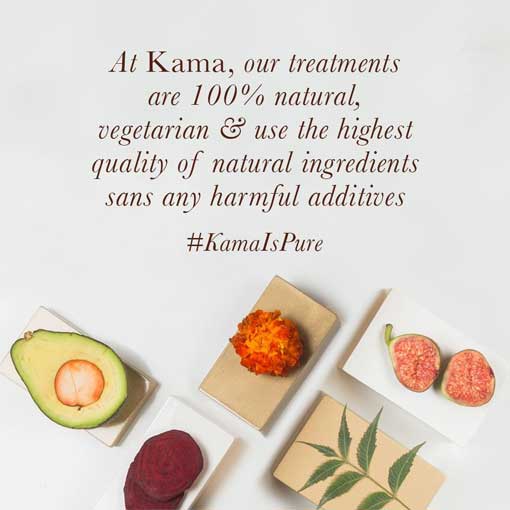
16 Avoid Sun Damage :
Just as the sun's ultraviolet (UV) rays can damage our skin, they can also harm our hair. Prolonged sun exposure can weaken the hair shaft, making it more susceptible to split ends. When you're planning to be out in the sun for an extended period, consider wearing a hat to shield your hair.
There are also hair products available with UV protection that can act as a barrier against sun-induced damage. Regularly using these can make a significant difference, especially if you're frequently outdoors.
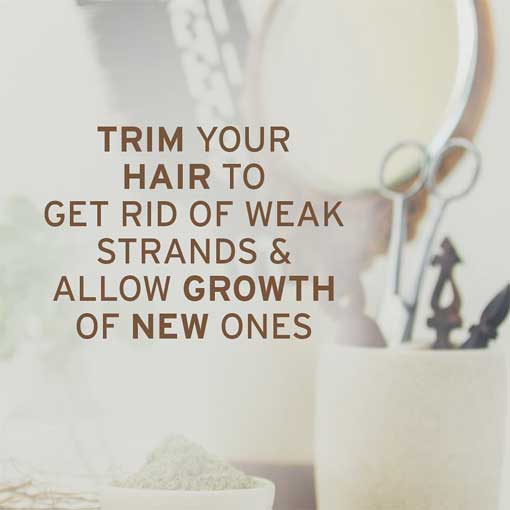
How To Get Rid of Split Ends Naturally?
To get rid of split ends naturally, regularly trim them and use moisturizing treatments like Coconut oil, Aloe vera, and DIY masks made from ingredients like Papaya, Banana, and Honey. Here are our top picks -
1 Papaya Mask :
- Ingredients: A piece of ripe papaya (size depending on hair length), 1/2 cup yogurt.
- Application: Remove the seeds and skin from the papaya and blend it with the yogurt until smooth. Apply the mixture to damp hair and let it sit for 30-45 minutes. Rinse with cool water and then shampoo.
Benefits: Papaya is rich in vitamins, antioxidants, and enzymes that can help improve hair texture, reduce hair thinning, and add shine. Yogurt is moisturizing and can help with shine and softness.
2 Banana Mask :
- Ingredients: 1 ripe banana, 2 tablespoons yogurt, and 1 tablespoon honey.
- Application: Blend all ingredients until smooth. Apply to hair and let it sit for 30-45 minutes. Rinse and shampoo as usual.
- Benefits: Bananas are moisturizing, and the yogurt can help with shine and softness.
3 Mayonnaise Treatment :
- Ingredients: Enough mayonnaise to cover your hair.
- Application: Apply mayonnaise to damp hair, focusing on the ends. Cover with a shower cap and let sit for 30 minutes. Rinse thoroughly and shampoo.
- Benefits: Mayonnaise contains fatty acids, which can make hair soft and shiny.
4 Aloe Vera Gel :
- Ingredients: Aloe vera gel (either from a fresh plant or store-bought pure gel).
- Application: Apply the gel directly to your hair and scalp. Let it sit for 30 minutes, then rinse and shampoo.
- Benefits: Aloe vera is known for its moisturizing and soothing properties.
5 Honey Mask :
- Ingredients: 2 tablespoons of honey and 2 tablespoons of olive oil or coconut oil.
- Application: Mix the ingredients and apply to damp hair. Leave it on for 20-30 minutes, then rinse and shampoo.
Benefits: Honey is a natural humectant, drawing moisture to the hair, while the oil adds nourishment.
7 Avocado Mask :
- Ingredients: 1 ripe avocado, 2 tablespoons olive oil or coconut oil, and 1 tablespoon honey (optional).
- Application: Mash the avocado and mix in the oil (and honey if using). Apply to damp hair and let it sit for 30 minutes. Rinse and shampoo.
- Benefits: Avocado is rich in fatty acids, vitamins, and minerals that can help nourish and moisturize the hair.
8 ACV (Apple Cider Vinegar) Rinse :
- Ingredients: 2-3 tablespoons of ACV, 1 cup of water.
- Application: After shampooing, mix the ACV with water and pour it onto your hair. Massage it into your scalp and through the lengths of your hair. Allow it to sit for 2-5 minutes before rinsing thoroughly with cold water.
- Benefits: ACV helps to smooth the hair cuticle, resulting in shinier hair. It can also balance the pH of your scalp and hair, reducing dandruff and promoting overall scalp health.
What Causes Split Ends?
Split ends, or trichoptilosis, occur when the protective outer layer of the hair cuticle wears away from the inner layers, resulting in the hair strand splitting. There are several factors and practices that contribute to the development of split ends:
1 Mechanical Damage :
- Brushing and Combing: Rough brushing or combing, especially when hair is wet and more elastic, can lead to breakage.
- Hairstyles: Tight hairstyles like ponytails, braids, or buns can stress the hair and lead to breakage. Regularly using hairpins and rubber bands can also cause damage.
- Towel Drying: Rubbing your hair vigorously with a towel can fray the hair cuticle.
2 Heat Styling :
- Tools: Frequent use of hair dryers, straighteners, curling irons, and hot rollers can weaken the hair over time, making it prone to splitting.
- Lack of Protection: Not using a heat protectant spray or serum before heat styling.
3 Chemical Treatments :
Processes like coloring, perming, chemical straightening, and relaxing can weaken the hair structure and lead to damage if done too frequently or improperly.
4 Environmental Factors :
- Sun Exposure: Prolonged exposure can dry out hair and weaken its structure.
- Wind: It can tangle hair and create knots, leading to mechanical damage when you try to detangle.
- Chlorine: Found in swimming pools, it can dry out and damage hair.
5 Physical Damage :
- Split Ends: They can travel up the shaft, so not trimming them in time can make the situation worse.
- Rubbing: Friction from rough fabrics, like cotton pillowcases, can cause hair breakage. That's why many recommend silk or satin pillowcases for hair health.
6 Nutritional Deficiencies :
Lack of essential nutrients like protein, vitamins, and minerals can weaken hair.
7 Excessive Washing :
Washing hair too frequently can strip it of its natural oils, making it dry and brittle.
8 Use of Harsh Products :
Hair care products with harsh chemicals, sulfates, and alcohol can dry out and damage the hair.
FAQ: Split Ends Treatment
1. Can you actually repair split ends?
No, once hair is split, it cannot be completely repaired. The most effective way to get rid of split ends is to trim them off. However, certain treatments can help prevent further splitting and make them less noticeable.
2. How do I permanently stop split ends?
Permanently stopping split ends isn't possible due to various external factors, but you can significantly reduce them by regularly trimming your hair, avoiding excessive heat styling, using protective products, and maintaining a healthy hair care routine.
3. Which oil is best for split ends?
Coconut oil is highly recommended for split ends due to its deep moisturizing properties. Other beneficial oils include argan oil, jojoba oil, and olive oil.
4. Which shampoo is best for split ends?
Look for shampoos labeled "repairing" or "strengthening" that contain ingredients like keratin, biotin, and natural oils. These help in fortifying hair and preventing further damage.
5. How often should I trim my hair to prevent split ends?
It's generally recommended to trim your hair every 6-8 weeks to keep split ends at bay and maintain healthy ends.
6. Can natural remedies help in treating split ends?
Yes, natural remedies like aloe vera, honey, and various DIY hair masks can help in moisturizing hair and preventing split ends, although trimming remains the most effective way to remove them.
7. Does brushing cause split ends?
Excessive or rough brushing, especially on wet hair, can cause breakage and split ends. Using a wide-tooth comb and being gentle while detangling can help reduce the risk.
8. How does diet affect split ends? (H3)
A balanced diet rich in vitamins, minerals, and proteins supports overall hair health, potentially reducing the occurrence of split ends. Ensure you're consuming enough omega-3 fatty acids, biotin, vitamin E, and protein.
9. Are split ends a sign of hair damage?
Yes, split ends are one of the first signs of hair damage and can result from factors like heat styling, chemical treatments, and mechanical stress from brushing or styling.
10. Can tight hairstyles cause split ends?
Absolutely. Tight hairstyles can cause stress on the hair shaft, leading to breakage and split ends. It's advisable to avoid consistently tying hair too tightly.
Shreya Dalela is a certified Yoga instructor and a professional dancer trained at The Danceworx. She’s passionate about Ayurveda and holistic living with over 6 years of experience in doing extensive research and content creation in the domain.

Certified Ayurvedic Doctor (Central Council of Indian Medicine) working in Kama Ayurveda as an Assistant Training Manager.

